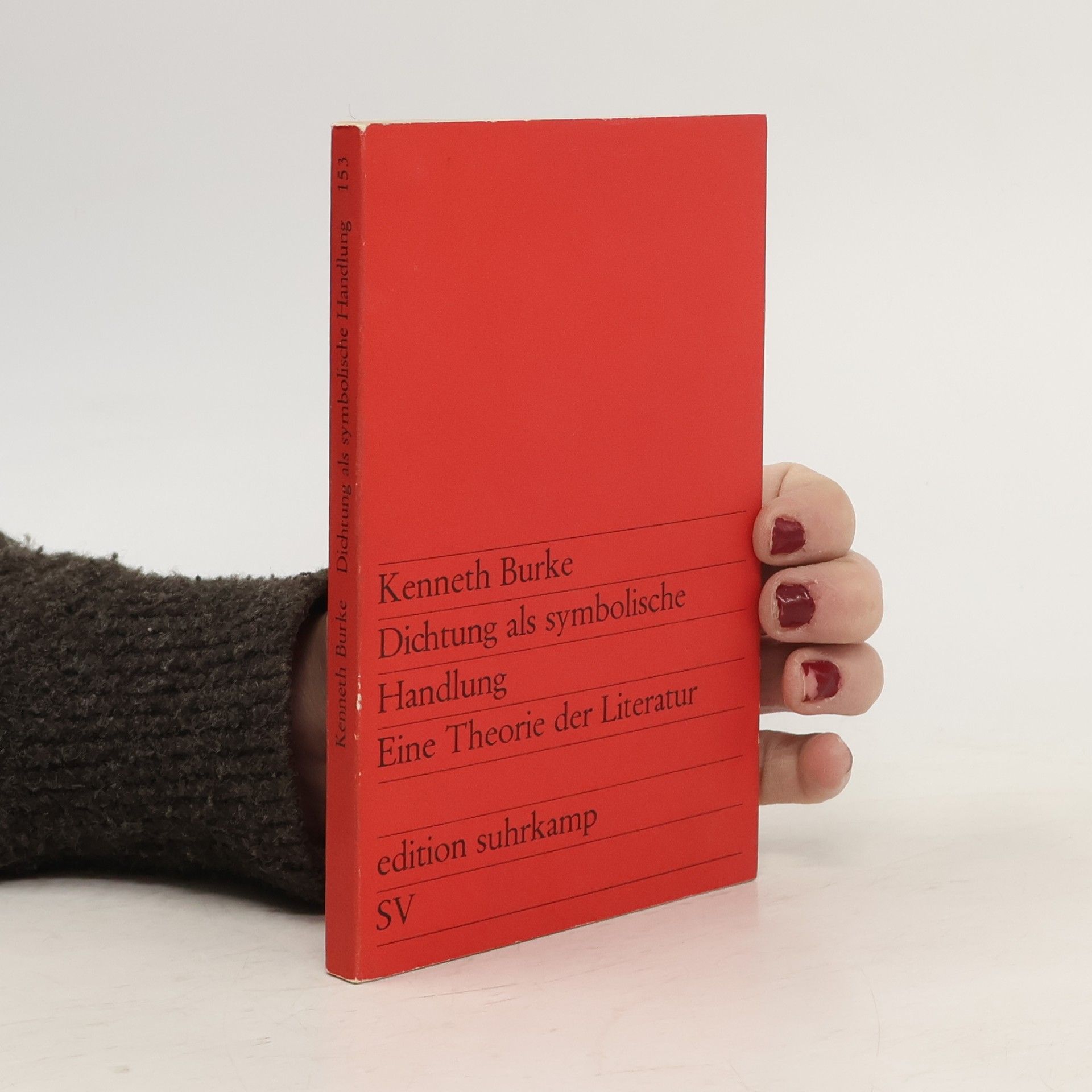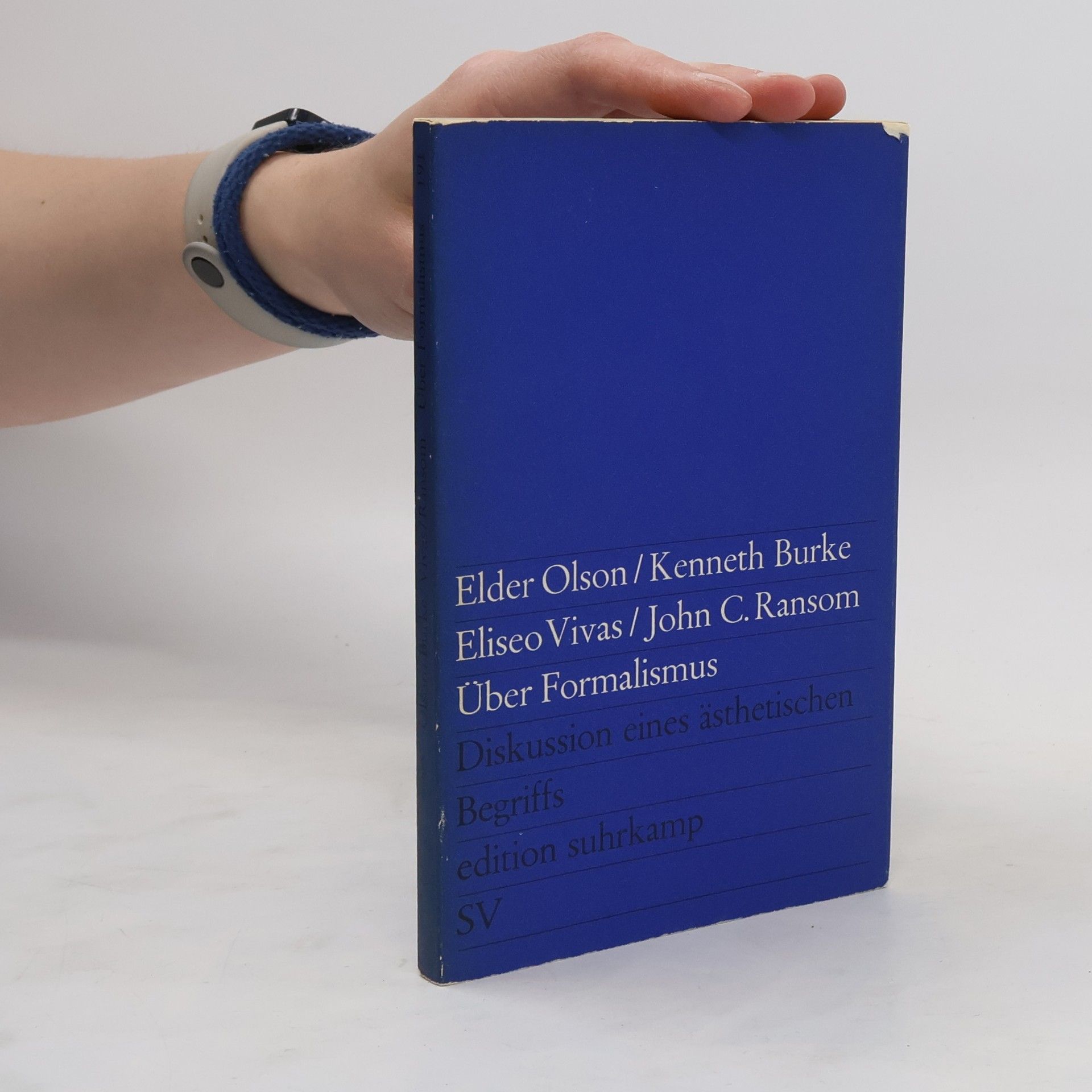The War of Words
- 294 stránek
- 11 hodin čtení
"When Kenneth Burke conceived his celebrated "Motivorum" project in the 1940s and 1950s, he envisioned it in three parts. While the third part, A Symbolic of Motives, remains unfinished and unpublished, A Grammar of Motives (1945) and A Rhetoric of Motives (1950) have become canonical theoretical documents. A Rhetoric of Motives was originally envisioned as a two-part book. Here is the until-now unpublished War of Words, the second volume of A Rhetoric of Motives. The War of Words brilliantly exposes and theorizes the rhetorical devices that sponsor war in the name of peace. Discouraging militarism during the Cold War even as it details a catalog of contemporary persuasive tactics and strategies, Burke's book exposes how popular news media outlets can, wittingly or not, foment international tensions and armaments during tumultuous political periods. Chapters include "The Devices," "Scientific Rhetoric," "The Rhetoric of Bureaucracy," and "The Rhetorical Situation," along with an introductory chapter from the editors and a short introduction by Burke himself. With The War of Words, Kenneth Burke's influence and scholarly importance continues to play a prominent role in the field of rhetoric and literary criticism today"--Provided by publisher



